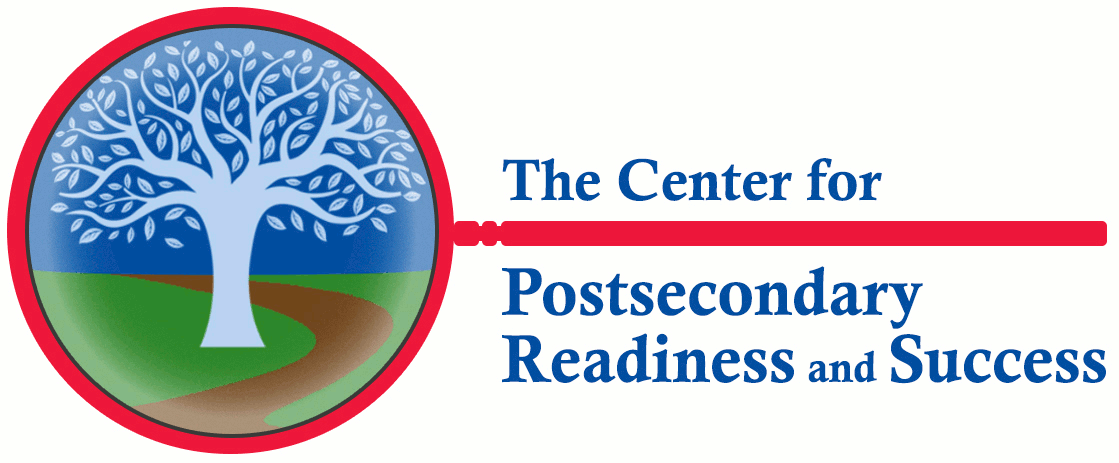ScholarWorks > WMU > JCA > Vol. 6 (2021) > Iss. 1
Abstract
Nearly 1 in 3 college students (30%) are first-generation students of color (FGSOC), possessing the intersectional identity of being both a first-generation college student and a racial minority. FGSOC face increased psychological and social difficulties in college when compared to students in other groups, resulting from cultural differences, lack of academic preparedness, stigma surrounding socioeconomic status, racial discrimination, and marginalization. This article summarizes peer-reviewed literature related to three types of supports that can improve the college experience and promote the academic success of FGSOC: academic supports, transitional adjustment supports, and mental health supports. The reviewed literature is framed by a social justice perspective. Implications for future research, policy, and practice by educators, administrators, and staff working with this population of students are discussed.
Recommended Citation
Schuyler, Sophie W.; Childs, Jonique R.; and Poynton, Timothy A.
(2021)
"Promoting Success for First-Generation Students of Color: The Importance of Academic, Transitional Adjustment, and Mental Health Supports,"
Journal of College Access: Vol. 6:
Iss.
1, Article 4.
Available at:
https://scholarworks.wmich.edu/jca/vol6/iss1/4


